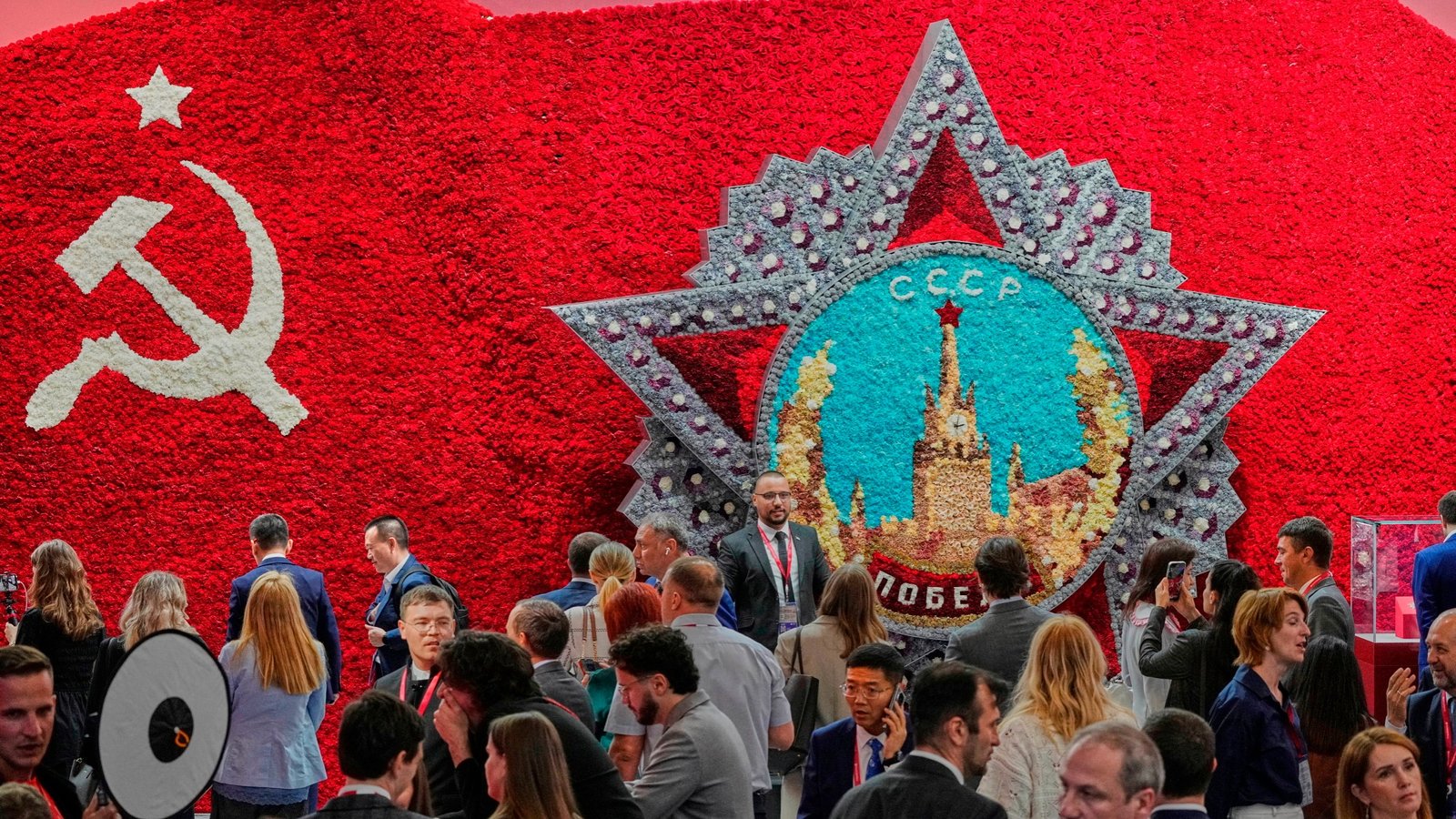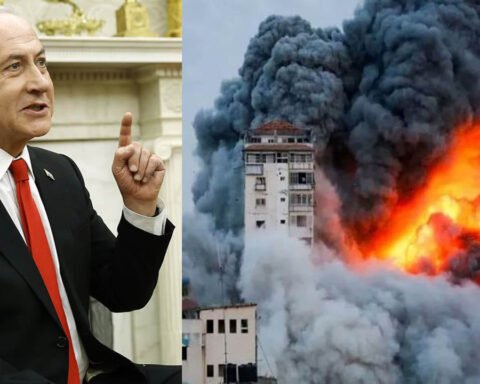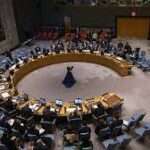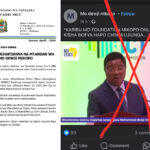Russian President Vladimir Putin delivered a spirited speech spotlighting the rising influence of the BRICS economic bloc. He declared that the coalition now makes up 40% of the world’s economy—and he expects that number to grow further, especially as the Global South continues to expand economically.
“This is a medical fact,” Putin told attendees during the plenary session, stressing that nations in Asia, Africa, and Latin America will fuel the next wave of global growth.
Originally formed by Brazil, Russia, India, China, and South Africa, BRICS has recently grown to include nations such as Indonesia, Egypt, Iran, and the United Arab Emirates (UAE). This expansion is part of a broader strategy to offer an alternative to Western-dominated financial institutions like the International Monetary Fund (IMF) and the World Bank.
A Changing Global Stage
Before Putin’s speech, attendees were shown a powerful video that depicted the perceived decline of the United States—symbolized by an apocalyptic image of the Hollywood sign in flames. In contrast, BRICS was presented as a beacon of shared prosperity, global fairness, and the future of economic cooperation.
Moderated by Lebanese journalist Nadim Koteich, the forum featured world leaders who emphasized international collaboration. Among them were Indonesian President Prabowo Subianto, Chinese Vice Premier Ding Xuexiang, Bahraini royal Nasser bin Hamad Al Khalifa, and South African Deputy President Paul Mashatile.
Koteich praised the panel’s diversity as proof of a multipolar world—one where power is not concentrated in the West, but shared across regions with equal footing and mutual respect.
Russia’s Economic Pivot
In his address, Putin insisted that Russia is actively restructuring its economy to reduce reliance on Western trade and financial systems, describing the effort as a path to “technological sovereignty.” He urged Russian companies to integrate military and civilian production capabilities to achieve a more self-sufficient industrial base.
This comes amid rising inflation in Russia—currently approaching 10%—and interest rates hovering between 20–21%, leading some analysts to warn of a potential recession. Still, Putin maintained that Russia would “not allow its economy to fall into recession,” even as foreign investment remains at record lows due to ongoing sanctions over the war in Ukraine.
Cooperation Beyond the West
Throughout the forum, leaders emphasized BRICS’ mission to foster economic relationships outside the traditional Western sphere. Ding Xuexiang reiterated China’s support for openness and cross-border development, while Mashatile emphasized Africa’s youth-driven market potential—forecast to reach over 2.5 billion people by 2050.
Meanwhile, Bahrain’s Nasser bin Hamad Al Khalifa lauded Russia’s growing energy partnerships, especially in oil and gas, where nations are seeking alternatives to Western firms.
Putin also revealed plans for strengthening military-technical cooperation with “friendly countries,” a strategy designed to deepen ties beyond economics. This includes projects in agriculture, defense, and energy—areas where Western sanctions have made trade difficult.
Also Read; Retained Earnings Tax Sparks Heated National Debate
Among BRICS’ ambitious proposals are a new grain exchange and a payment system that could challenge the US dollar’s dominance in global trade.
Since its expansion in early 2024, BRICS has continued to add new partners, with several countries granted observer or associate status. The group hopes these innovations will promote fairer trade terms and reduce reliance on Western-controlled banking systems like SWIFT.
Despite the high-profile discussions, SPIEF has lost much of its previous shine among Western investors. Major firms like Nestlé, PepsiCo, and others were noticeably absent this year—further evidence of Russia’s economic pivot toward the East and the Global South.
For now, Russia’s message is loud and clear: it no longer seeks validation from traditional power centers. Instead, it is forging a new path among countries that share its worldview—and its resistance to the current global order.
Whether this new BRICS-driven vision becomes the backbone of 21st-century economics remains to be seen. But at SPIEF 2025, the confidence in that vision was unmistakable.







